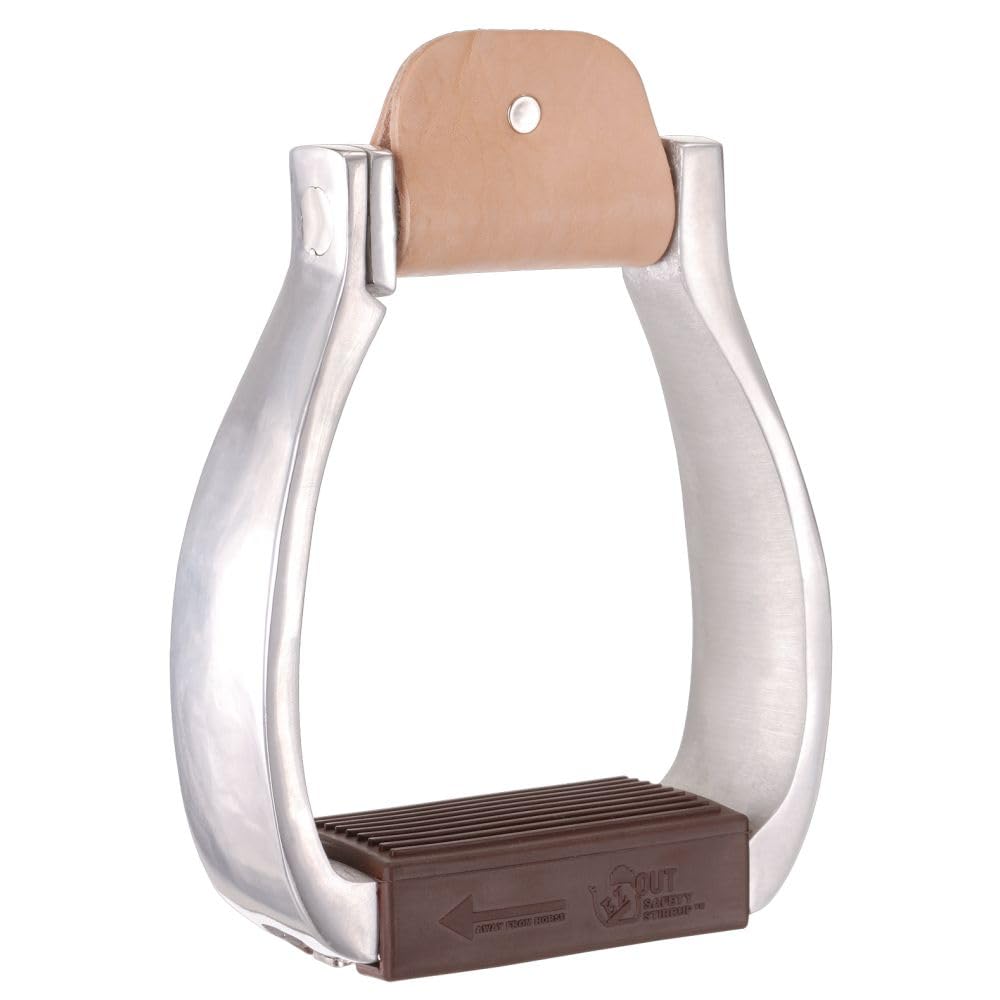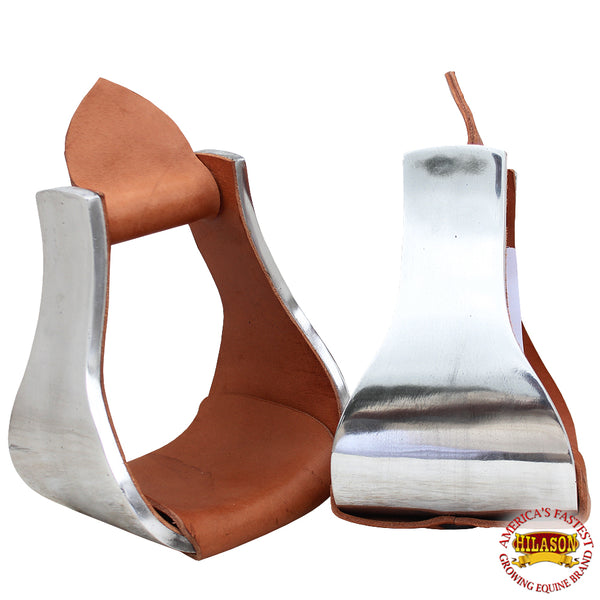The Ultimate Guide to Horse Stirrups

Writing a detailed, SEO-friendly blog article on horse stirrups involves covering various aspects to educate and engage readers. Below is a structured approach to creating a comprehensive article of 3000–4000 characters, incorporating tables, lists, FAQs, and markdown formatting.
Introduction

- Brief overview of horse stirrups and their importance in riding.
- Mention the purpose of the guide: to help riders choose, use, and maintain stirrups effectively.
What Are Horse Stirrups?
- Definition and basic function.
- Historical background and evolution.
Types of Horse Stirrups
- List and describe common types:
- Traditional metal stirrups
- Safety stirrups
- Western stirrups
- English stirrups
- Endurance stirrups
- Lightweight and composite stirrups
| Type | Description | Best For |
|---|---|---|
| Traditional Metal | Classic design, durable | General riding |
| Safety Stirrups | Designed to release foot in fall | Safety-conscious riders |
| Western Stirrups | Wider footbed, often decorative | Western riding |
| English Stirrups | Sleek, lightweight | English disciplines |
| Endurance Stirrups | Extra comfort and shock absorption | Long-distance riding |
| Composite Stirrups | Lightweight, corrosion-resistant | Trail and endurance |
How to Choose the Right Stirrups
- Factors to consider:
- Riding discipline
- Rider experience level
- Comfort and safety features
- Material and durability
How to Use Horse Stirrups Properly
- Step-by-step guide on mounting and dismounting.
- Tips for maintaining balance and posture.
Maintenance and Care
- Cleaning methods for different materials.
- Regular inspection for wear and tear.
- Storage tips to prolong lifespan.
Frequently Asked Questions (FAQ)
- What size stirrups should I use?
- How do safety stirrups work?
- Can stirrups affect my riding posture?
- How often should I replace my stirrups?
Conclusion
- Recap the importance of choosing the right stirrups.
- Encourage readers to consider their specific needs and preferences.
This structure ensures the article is informative, easy to navigate, and optimized for search engines by including relevant keywords and user-friendly formatting.
